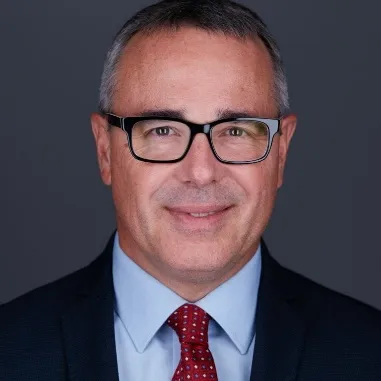首页﹀
Shaping Inequality and Intergenerational Persistence of Poverty: Free College or Better Schools
2025-06-09
Time: 10:00 am - 11:30 am, June 9th, 2025
Speaker: Dirk Krueger (University of Pennsylvania)
Venue: 1F, Wanzhong Building, Langrun Garden, Peking University
Abstract:
We evaluate the aggregate, distributional and welfare consequences of alternative government education policies to encourage college completion, such as making college free and improving funding for public schooling. To do so, we construct a general equilibrium overlapping generations model with intergenerational linkages, a higher education choice as well as a multi-stage human capital production process during childhood and adolescence with parental and government schooling investments. The model features rich cross-sectional heterogeneity, distinguishes between single and married parents, and is disciplined by US household survey data on income, wealth, education and time use. Studying the transitions induced by unexpected policy reforms we show that the “free college” and the “better schools” reform generate significant welfare gains, which take time to materialize and are lower in general than in partial equilibrium. It is optimal to combine both reforms: tuition subsidies make college affordable even for children from poorer parental backgrounds and better schools increase human capital thereby reducing dropout risk.
Speaker:

Dirk Krueger is the Walter H. and Leonore C. Annenberg Professor in the Social Sciences and Professor of Economics at the University of Pennsylvania. He also holds a secondary appointment at Wharton's Finance department and is a Fellow of the Econometric Society, the European Economic Association, and the Society for the Advancement of Economic Theory. He is the managing editor of the International Economic Review, a Research Associate at the National Bureau of Economic Research and Penn's Population Studies Center, a Research Fellow at the Centre for Economic Policy Research, a Research Fellow at Netspar, and a Research Fellow at the Center for Financial Studies at Goethe University Frankfurt.
His research has focused on whether, how and to what extent risk, a central concern in macroeconomics, is shared across households or groups of households. The main risks that affect typical households are labor income risks (e.g., due to becoming unemployed), health, disability, mortality risks (e.g., due to the Covid-19 pandemic) and college dropout risks. Since the economic impact of these risks is potentially large the welfare impact of sharing their economic consequences can be substantial. His research in this area, which is located in the field of macroeconomics but has strong links to other fields of economics, especially public finance and labor economics, combines economic theory with empirical and computational methods to answer research questions that are of immediate policy relevance.

